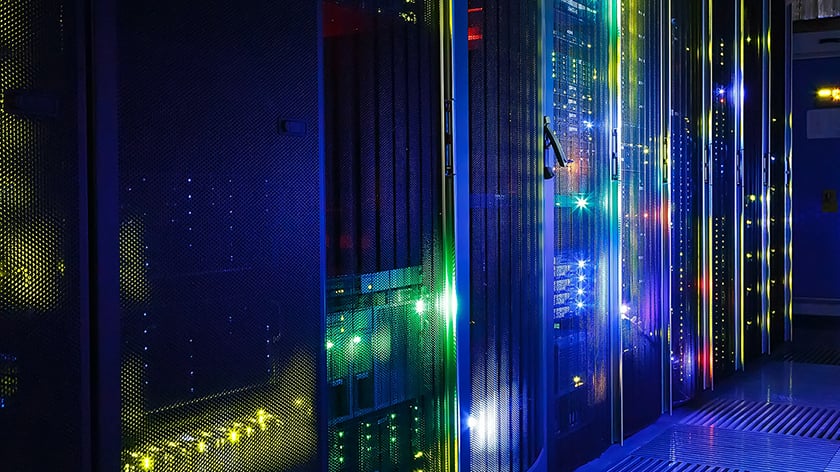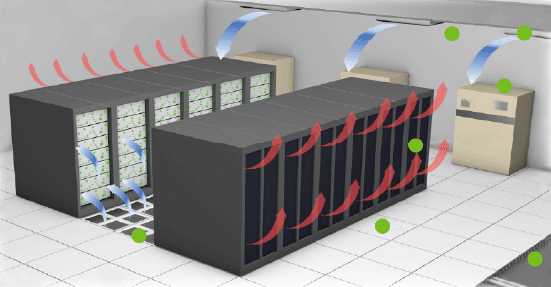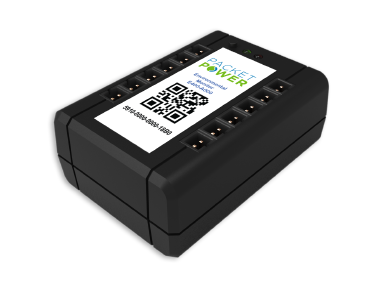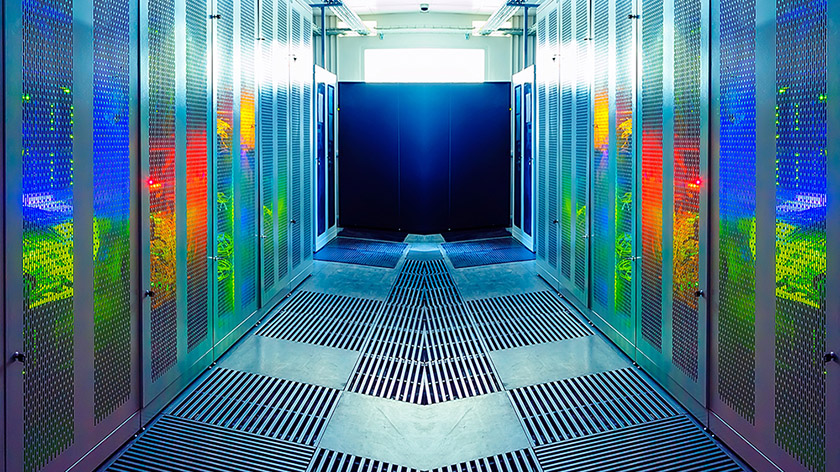Data Center Cooling Optimization Is Easier Than You Think
One of the most contentious areas of data center operating cost reduction is cooling. There is an ongoing tension between lowering cooling costs and...
2 min read
![]() Packet Power Team
:
Nov 18, 2021 10:03:00 AM
Packet Power Team
:
Nov 18, 2021 10:03:00 AM

When your existing monitoring devices are not keeping up with new demands, it’s time for a change. But upgrading monitors in a facility can be daunting. How do you change out equipment without disrupting operations? How much time and money will installation, configuration and the overall deployment take? What unexpected problems and costs may arise?
Now, imagine you don’t have one or two facilities, but you operate more than 290 data centers around the world. What do you do when these facilities need new environmental monitors to demonstrate compliance with your Service Level Agreements (SLAs)? And, this retrofitting should also improve reliability, be easier to maintain, and -- everyone’s favorite -- reduce costs.
What do you do? You choose wisely. Especially if the wrong choice could impact hundreds of customers and your reputation for reliability.
This is not hypothetical. This is exactly the situation a large global colocation company faced. This colo tapped Arayna Tech to design and implement an environmental monitoring retrofit solution. Arayna chose Packet Power’s environmental monitors as the best solution for the complex deployment.
"Packet Power has raised the bar for environmental monitoring reliability," said Ajay Nagar, Arayna Tech's Founder and CEO.
Typically it takes several weeks to install environmental monitors on just one level of a data center. However, thanks to the simple, yet advanced nature of Packet Power’s technology, Arayna Tech installed environmental monitors on 5 to 6 floors each week -- triple the number of deployments in 25% of the time.
Compared to the customer's prior monitoring solution, Packet Power wireless environmental monitors:
Download the full case study here to see how Packet Power's wireless environmental monitors make critical facility management easier.
Environmental monitoring delivers the ability to identify wasted or misdirected airflow, improve cooling system efficiencies, alert facility operators to conditions outside acceptable limits, and demonstrate compliance with SLAs. Critical facilities managers across industries find environmental monitoring a critical part of their sustainability plans.
 Packet Power has developed elegant wireless solutions to monitor environmental conditions including temperature, relative humidity, and differential pressure in all kinds of facilities.
Packet Power has developed elegant wireless solutions to monitor environmental conditions including temperature, relative humidity, and differential pressure in all kinds of facilities.
Our compact monitors install in minutes and immediately begin transmitting data to any existing DCIM or BMS. Packet Power's wireless mesh technology automatically configures and manages itself as devices are added or removed.
The ease of installation and minimal resources needed for ongoing operations translated to real cost savings for the colo company that had Arayna Tech install Packet Power monitors. Compared to their prior monitoring solution, Packet Power monitors installed in 10% of the time and improved reporting reliability by 20% or more.
Arayna Tech has upgraded dozens of the colo company's facilities with Packet Power environmental monitors and the plan is to continue retrofitting existing data centers in the United States and around the world. Newly built facilities are also planning to use Packet Power’s environmental monitors.
"Packet Power is the global standard for our environmental monitoring," said the Temperature & Humidity Data Manager for the colocation company. "We want the best of the best for our customers and Packet Power definitely delivers that to us."

One of the most contentious areas of data center operating cost reduction is cooling. There is an ongoing tension between lowering cooling costs and...

Accurate information on rack-level temperature in your data center can help lower operating costs, avoid outages and meet SLA agreements. Packet...

Hot spots in a data center must be closely monitored: let the warmest areas in your facility get too warm and you risk degraded performance, outages,...